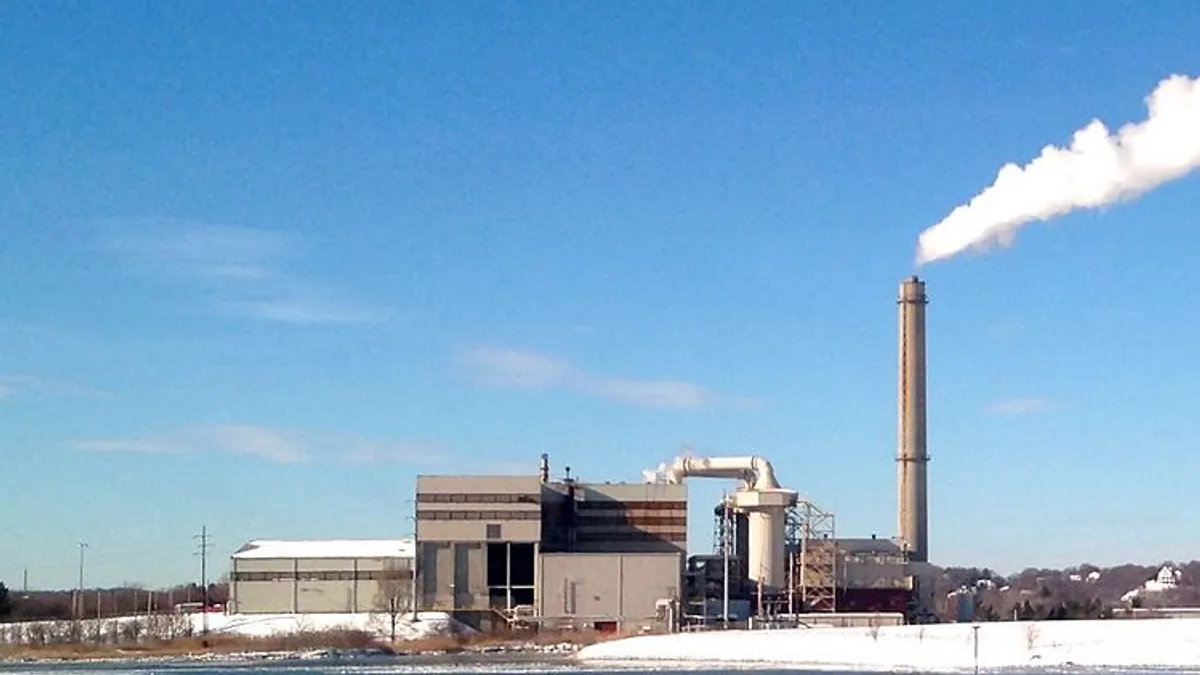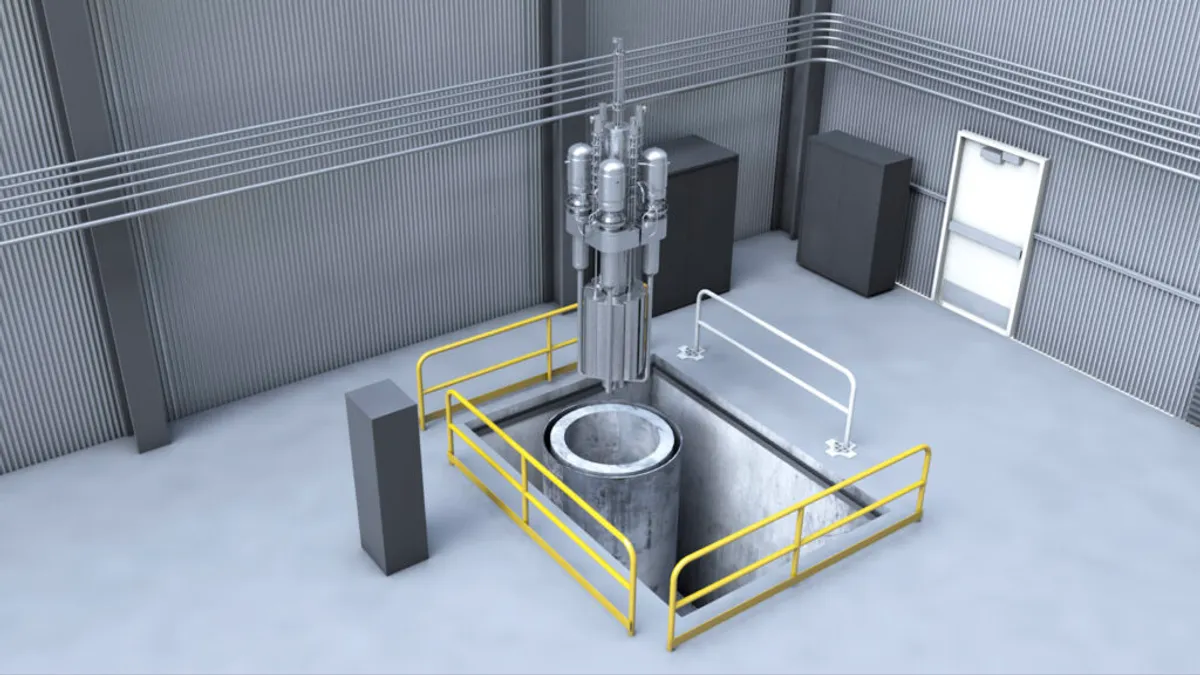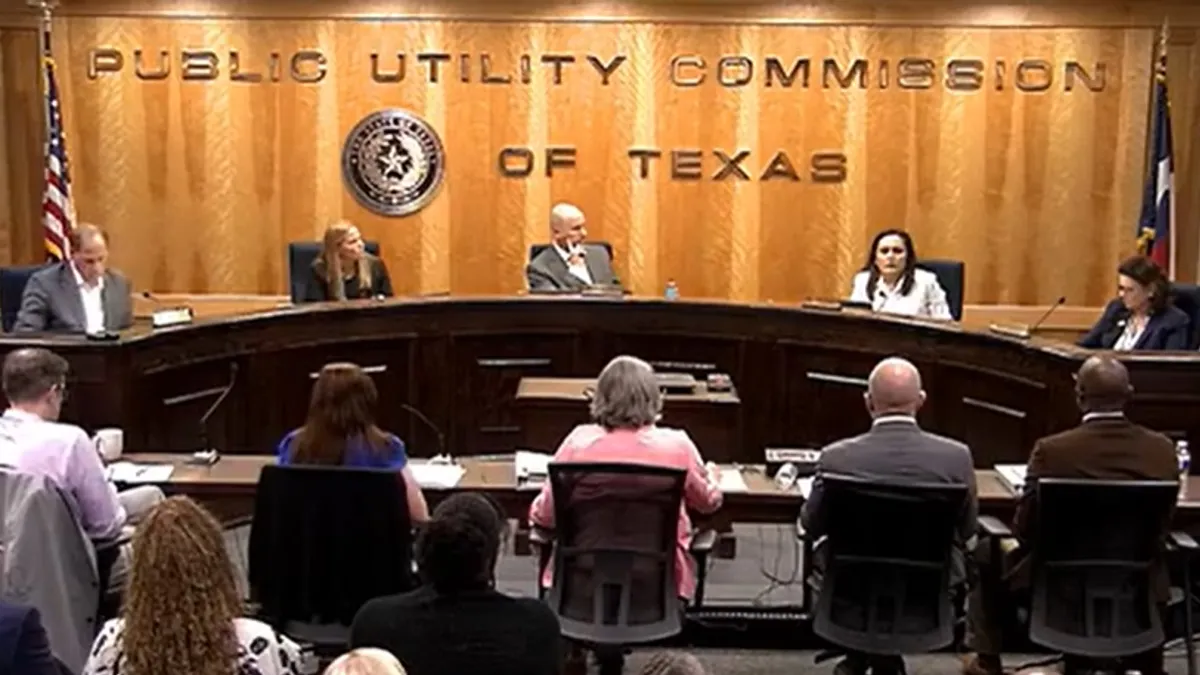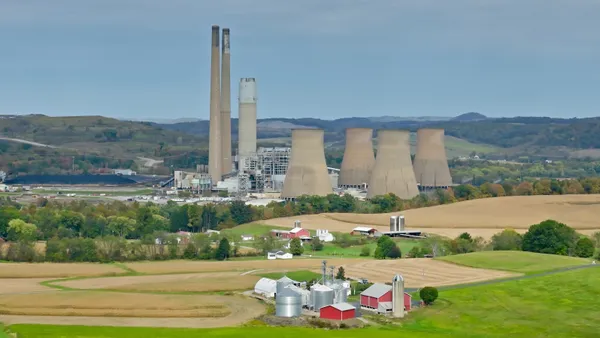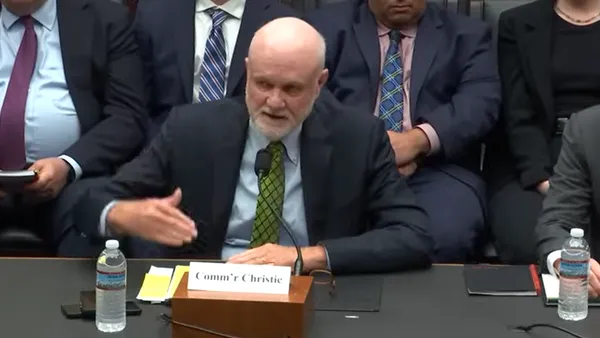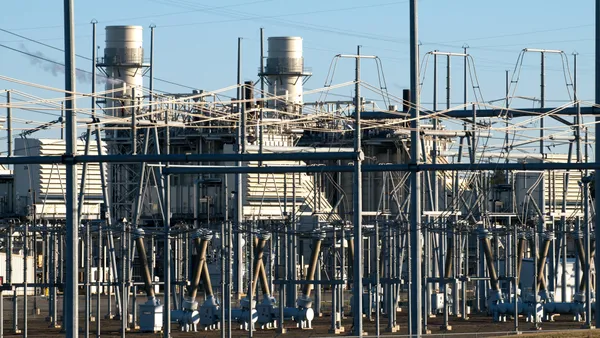Dive Brief:
- A new study by the Earth Engineering Center at Columbia University has found that redirecting Municipal Solid Waste from landfill to fuel energy generation could produce enough electricity to meet 12% of U.S. electricity needs.
- It would also save an estimated 123 million tons of greenhouse gas emissions from entering the atmosphere.
- The study also pointed out that if all of the non-recycled plastic waste were converted to oil, it would produce 6 billion gallons of gasoline over the course of a year.
Dive Insight:
An extra 3.8 billion tons of waste was processed by U.S. waste-to-energy generation facilities in the U.S. between 2008 and 2011.
However, Nikolas Themelis, director of the Earth Engineering Center and study co-author, said that more can be done to boost the energy-giving potential of waste. In one example, the study states that employing a more comprehensive district heating program from waste, as is done in Norway, Denmark, and some other countries, could also provide the heat for 10 million homes.
"Modern technologies that convert waste into energy present a good opportunity to significantly reduce our reliance on landfills, lower our carbon footprint, and provide renewable energy to businesses and communities," he said.
"Currently, many developed nations are further along in embracing and expanding their use of energy recovery technologies as a vital part of their sustainable resource management systems. This presents an important opportunity for city planners and policy makers in the United States."


